 Law Society poll did not reveal all – SLCC. THE FINDINGS of a Law Society of Scotland survey claiming hard-to-verify client-solicitor satisfaction rates have come in for criticism by the Scottish Legal Complaints Commission (SLCC) – the ‘independent’ regulator of solicitors & legal services in Scotland.
Law Society poll did not reveal all – SLCC. THE FINDINGS of a Law Society of Scotland survey claiming hard-to-verify client-solicitor satisfaction rates have come in for criticism by the Scottish Legal Complaints Commission (SLCC) – the ‘independent’ regulator of solicitors & legal services in Scotland.
The Law Society poll – published in early January 2015 – claimed Scottish solicitors were highly regarded by the public.
However, the SLCC have now challenged the poll’s findings, claiming high levels of legal service in Scotland are “not a universal experience”. The ‘independent’ SLCC also cited higher compensation awards against rogue solicitors and ‘increasing redress’ provided by the SLCC to wronged clients.
And, in another swipe at the Law Society’s poll dodging, the SLCC has now revealed that only a third of clients polled who were dissatisfied with their solicitor did anything about it, and not one client involved in the poll knew they could refer their complaint to the SLCC.
However, carefully prepared statements avoided any explanation on why the SLCC’s involvement in the poll was kept secret until a media investigation published documents revealing the SLCC’s role.
A spokesperson for the SLCC said: “Towards the end of last year, the Law Society of Scotland released the results of a poll of the public’s perceptions of the legal profession. This indicated that, overall, people expressed a high level of satisfaction with solicitors. While we agree that the vast majority of solicitors provide a high level of service, this is unfortunately not a universal experience. As our figures show, we are increasingly providing redress for those clients who receive a poor service from their solicitors – a picture also supported by the record level of compensation awards and refunds of legal fees we highlighted in our last Annual Report.”
The SLCC went on to explain it’s previously secret involvement in the poll, revealing it asked searching questions on how clients react to the provision of poor legal services.
“We were given the opportunity to include questions in the Law Society’s poll. We asked two related questions aimed to assess public awareness of the role of the SLCC. In particular, we wanted to know whether clients who were dissatisfied with the service they had received from their solicitor knew they could bring their concerns to us.
The answers to these questions were revealing. Of those who were dissatisfied with their solicitor: only a third did anything about it; and none knew they could refer their complaint to the SLCC.
Solicitors throughout Scotland have a duty to make their clients aware of the SLCC and how to make a complaint to us. We continue to see evidence that this is not happening – less than 5% of those who complain to us say that they found out about us from their solicitor. We are concerned that, as a result, the voices of many dissatisfied clients are just not being heard. As a priority, we are currently working with the Law Society to ensure that all solicitors provide clear and consistent sign-posting to our service.
Clearly there is also more work that we, as an organisation, need to do to increase public awareness of the SLCC. Our Consumer Panel, newly-established this year, will be looking at how we can make sure that, on the occasions where things do go wrong and fail to be resolved, the public knows to bring those concerns to us. Our half year results show that when this does happen – we can help put things right.”
 Complaints slightly down – SLCC statistics for first half of 2014/15. Alongside the SLCC’s attempt to clear the air on their involvement in what some legal insiders have referred to as a “vanity survey”, the SLCC released complaints statistics for the first half of the operational year, showing a slight drop in complaints.
Complaints slightly down – SLCC statistics for first half of 2014/15. Alongside the SLCC’s attempt to clear the air on their involvement in what some legal insiders have referred to as a “vanity survey”, the SLCC released complaints statistics for the first half of the operational year, showing a slight drop in complaints.
The SLCC said: “The headline figures for the first half of the SLCC’s operational year show that, overall, the number of complaints we receive is declining, reflecting a continuing trend which we have highlighted in previous years.
More importantly, however, we note the proportion of those complaints which are either accepted as eligible complaints or resolved by us during our eligibility process. They represent almost 60% of all received complaints (up from just over 40% in the corresponding period in 2013).
It’s also clear from the figures that the number of accepted complaints which are then either resolved or upheld in favour of the complainer has also increased – 115 complaints compared to 97 in 2013.”
Responding to the SLCC’s criticisms, the Law Society’s Chief Executive – Lorna Jack – said: “In the vast majority of cases, solicitors’ clients are happy with the advice and the level of service they receive. However we know that things do go wrong from time to time and it is important that people have proper recourse to address any failings through a strong legal complaints system.”
“Dealing with complaints is and will always be difficult for everyone involved. What we want to ensure is that the process in place is robust and fair to both complainer and solicitor, and that we reach the right outcome.We will work with the SLCC to ensure that the legal complaints system in Scotland continues to improve.”
The Law Society did not comment on why the involvement of the SLCC was withheld from statements released by the Law Society along with articles written for newspapers during January by the Law Society’s own President – Alistair Morris.
The research carried out by IPSOS MORI for the Law Society of Scotland claimed that of clients who had used a solicitor in the past five years – more than 90% “of respondents” said their own lawyer was either very trustworthy (70%) or fairly trustworthy (27%), with 87% describing solicitors overall as very or fairly trustworthy.
However, no detailed material has been made available which could verify the claims, or identify which solicitors or law firms were involved. It has also emerged some solicitors and law firms were provided with scripted responses by the Law Society to answer questions from the pollsters.
Legal insiders also point out the SLCC’s admission of involvement in the ‘rigged’ poll only came about after the publication of heavily redacted communications between the SLCC & Law Society which revealed both regulators discussed how to frame questions for the survey. The now published documents also revealed the Law Society demanded all material handed to the SLCC regarding the poll was not to be released to the public or media.
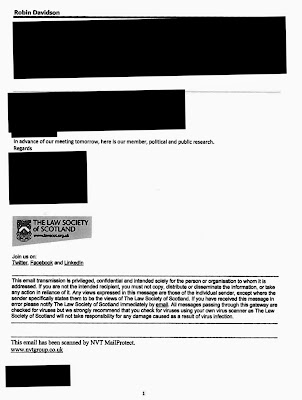


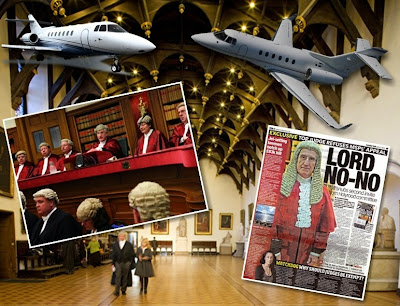
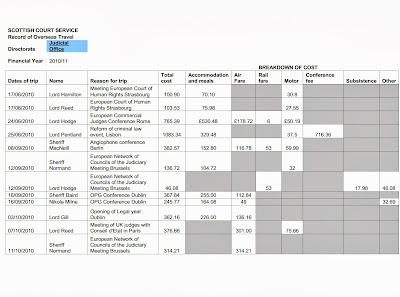





















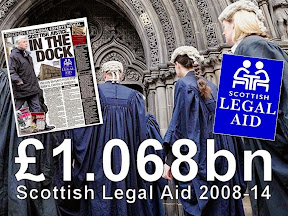
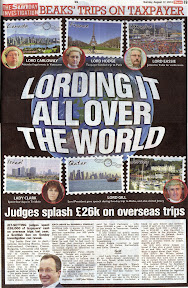


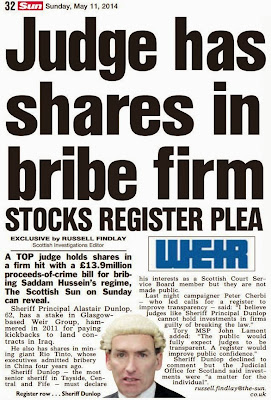











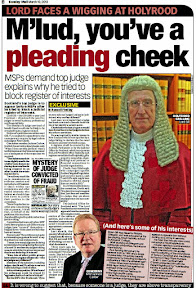
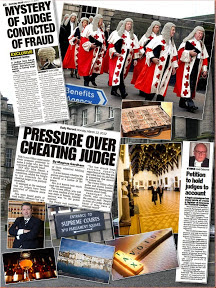



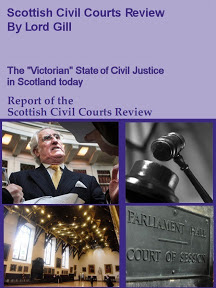
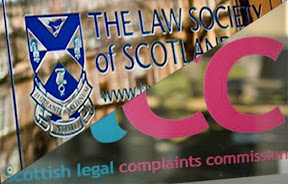



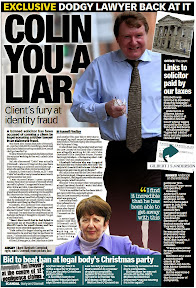
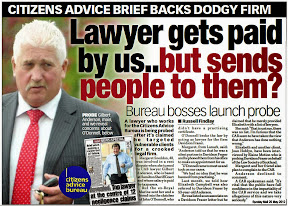



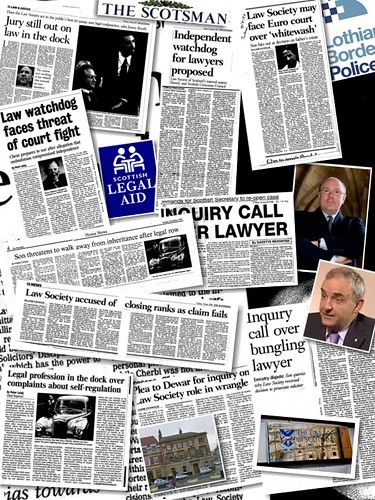




You must be logged in to post a comment.